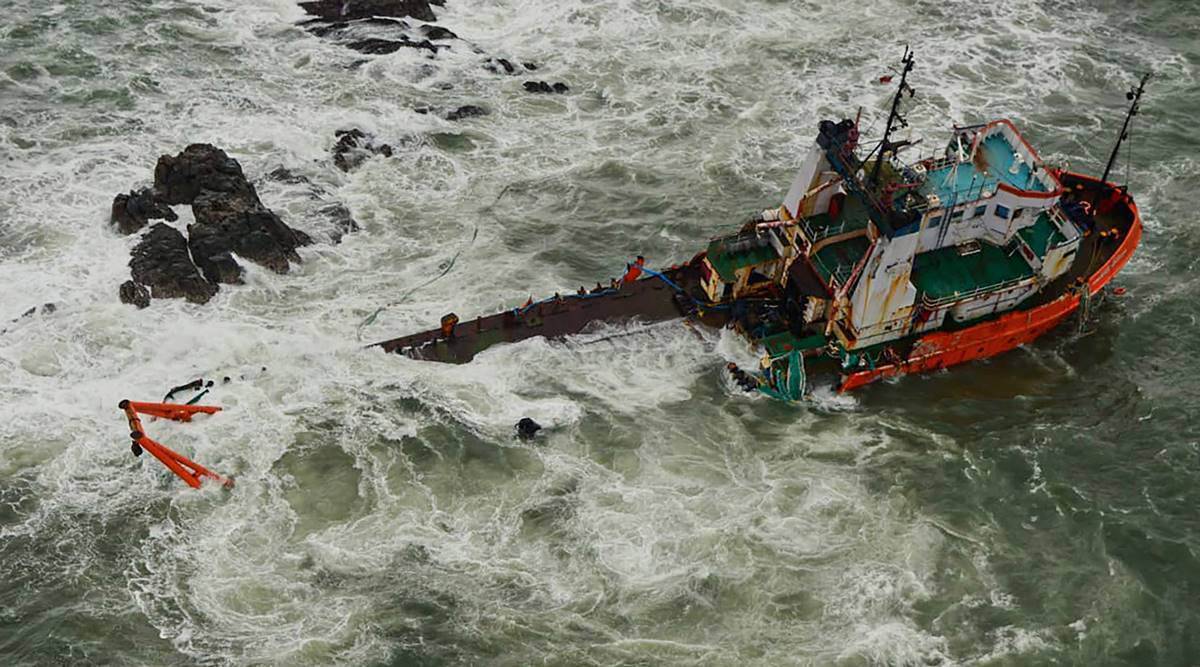 Climate change introduces fresh uncertainties in weather forecasting.
Climate change introduces fresh uncertainties in weather forecasting. The heavy rain in Maharashtra over the last few days, which has claimed close to 200 lives, has reinforced a recent trend in India. Starting with the Uttarakhand disaster of 2013, there has been an extreme rainfall event every year. This has resulted in floods in Jammu and Kashmir, Chennai, Bengaluru, Mumbai, and several other parts of the country.
The increase in frequency, and intensity, of such extreme events is considered to be an impact of changing climate patterns — across the globe as well as over the Indian region.
In case you missed the event, watch it here:
The rapid rise in the number of extreme weather events, mostly induced by way of climate change, has underlined the need and importance of timely and accurate forecasts for a variety of weather phenomena. In the last few years, there has been tremendous improvement in prediction of cyclones and heat waves, due to which thousands of lives have been saved. But effective forecast of events such as cloudburst, or urban flooding, remain a challenge.
Climate change introduces fresh uncertainties in weather forecasting.
As a country that is likely to get impacted by climate change in a major way, India’s hunger for relevant weather-related information is expected to grow steadily. Not just to cope up with adverse and extreme weather events but also to plan long-term development pathways.
Does India have the human and technological resources to meet the challenge? Is the country investing enough to deal with the expected impacts of climate change? What are the likely impacts that we might see, in the short-term and long-term?
To discuss these, and more, The Indian Express will host Mrutyunjay Mohapatra, director general of the India Meteorological Department, at an Explained Live event on Wednesday, July 28. A career meteorologist, Mohapatra has risen through the ranks of IMD, and is credited with significantly improving the accuracy of cyclone forecast in the country.
- The Indian Express website has been rated GREEN for its credibility and trustworthiness by Newsguard, a global service that rates news sources for their journalistic standards.

